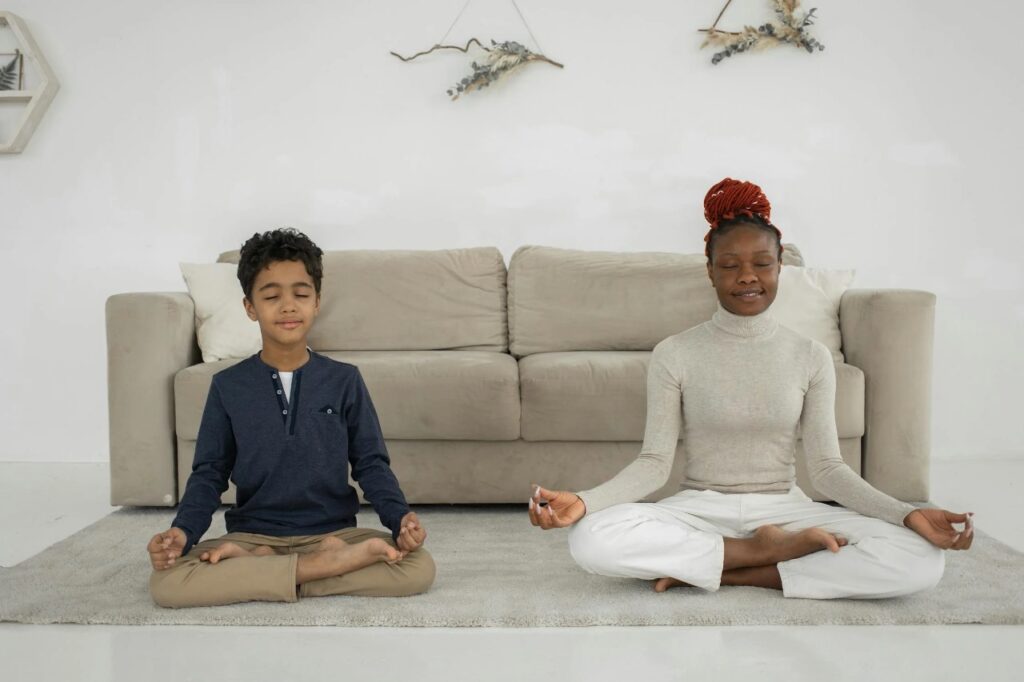No products in the cart.

Every year, an average of 150,000 lives are tragically lost to drug, alcohol, and suicide-related causes in America.
These staggering statistics underscore a pervasive sense of isolation and loneliness among many individuals. Yet, as May unfolds, it serves as a poignant reminder: it is Mental Health Awareness Month.
Throughout this dedicated month, mental health experts, psychologists, and wellness educators come together to amplify a vital message – you are not alone. Despite the isolating challenges, societal upheavals, and profound losses, we stand united, celebrating Mental Health Awareness Month.
Drawing from personal experience, having lost my own brother to suicide years ago, I’ve come to understand how shared childhood experiences and patterns often compel us to suppress our emotions and needs. Tragically, unmet needs can manifest in profound ways. It was during this harrowing period that my commitment to conscious parenting and mental health advocacy took root.
Yet, our society requires more than mere awareness of mental illness; it necessitates an active commitment to fostering mental wellness. What is Mental Health Awareness? We must equip ourselves with tools and strategies for empathetic communication, emotional regulation, and navigating challenging circumstances.
In the spirit of promoting mental well-being, I’d like to share three simple techniques to alleviate anxiety, foster inner peace, and clarity:
- Draw Figure 8s: Using your index and middle fingers, trace a figure 8 pattern around your eyes. Applying varying pressure instantly integrates the right and left brain, fostering equilibrium and harmony.
- Practice Alternate Nostril Breathing: Inhale through one nostril, exhale through the other, promoting deeper breaths, centeredness, and anxiety reduction. Alternate nostrils to enhance balance.
- Engage in Ha! Exhales: Clench your fists, inhale deeply, and forcefully exhale with a “HA!” as you bend forward. This technique induces relaxation, dissipates nervous energy, and restores calmness.
Why mental health awareness is important nowadays? For those seeking further mental health resources, I recommend exploring this enlightening video from the National Mental Health & Mental Fitness Summit held in July 2019.
Remember, we traverse this journey collectively. Let’s continually reassure one another that we need not confront our adversities in solitude.
Wishing you resilience and flourishing mental health, just keep in mind that you are not alone – celebrating mental health awareness month.


















